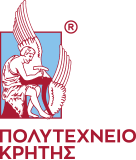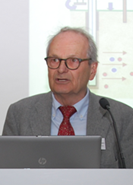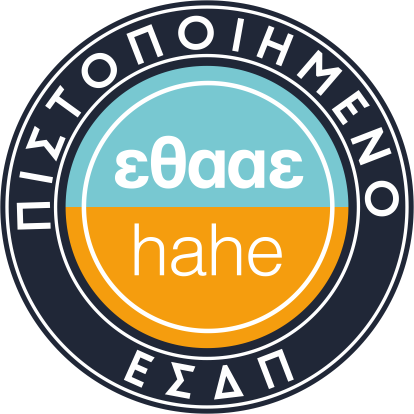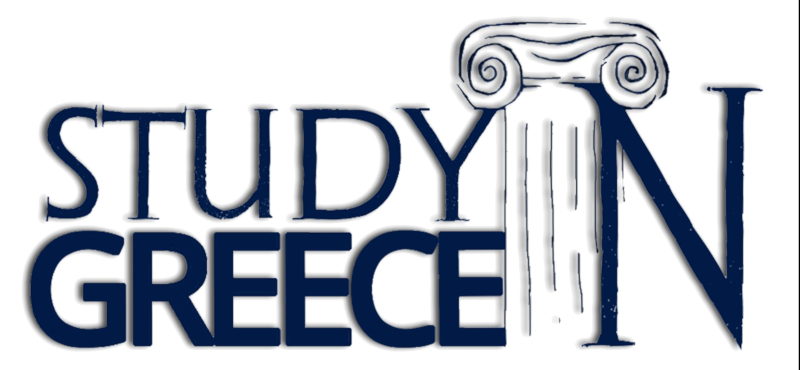Στις 26-11-2015, στα πλαίσια ερευνητικών διαλέξεων της Σχολής Μηχανικών Περιβάλλοντος, δόθηκε διάλεξη από τονo Prof. Rainer Stegmann, του Hamburg University of Technology, με θέμα " Decentralized Concepts for Waste and Wastewater Treatment", στην Πολυτεχνειούπολη.
Περίληψη της διάλεξης
Ecological sanitation concepts for decentralized treatment of waste and wastewater are more and more considered. The reason for this approach is between others the knowledge that resources are limited and solutions should encounter the aspects of sustainability. Depending on the region lacking recourses may be fertilizer, energy as well as water. In addition no waste and wastewater treatment may be available in this specific region. Not only under these conditions eco-sanitation systems may be of great advantage.
In this presentation the background of decentralized systems will be explained and different concepts for varying applications discussed. As a basis for these innovative concepts selected test results are presented. As an example for the application of such a concept a hotel complex for 1000 guests is chosen. The essential element of the concept promoted here is the separate collection and treatment of the individual substance flows. The core technology is the anaerobic co-fermentation of blackwater and organic kitchen residues. The treated residues have a large potential to be utilised as fertilizer and as soil conditioner in agriculture or landscaping. Separately collected grey-water is treated by nano-filtration so that the permeate can be reused e.g. for irrigation or flushing toilets.
Σύντομο βιογραφικό του ομιλητή
Prof. Dr.-Ing Rainer Stegmann is a retired Professor from the Hamburg University of Technology in Hamburg, Germany . He holds a Dipl.-Ing. degree in Civil Engineering from the Technical University in Braunschweig, Germany, where he also obtained his doctorate (Dr.- Ing.) degree. In 1982 he became Professor at the Institute of Environmental Science at the Hamburg University of Technology, Germany and since 1991 he was Head of the newly founded Institute of Waste Management (later Institute for WasteResourceManagement). Together with colleagues he holds two patents.
Under Prof Stegmann`s guidance 16 Promotions to Dr.-Ing. (similar to a PhD) and 1 Habilitation were granted. He conducted for several years a solid waste course at the Chulalongkorn University in Bangkok, Thailand. For 3 years he was director of he R3C waste research center at the Nanyang Technological University in Singapore. He was honored Visiting Professor from the Institute of Technologies and Applied Science in Havanna, Kuba in 2006. He received the award for “ a Waste to Life” at the SARDINIA Symposium in 2009.
Prof. Stegmann coordinated 5 research centers and was involved in more than 60 research projects in the time between 1982 and 2008, where funding was provided by national public bodies, the European Union and several national and international companies as i.e. Procter and Gamble, Norsk Hydro and Mercedes Benz.
He co-edited 7 books and published more than 300 papers . He is member of the editorial board of several international scientific journals. Prof. Stegmann is co-organizer of three international (i.e. SARDINIA, International Waste and Landfill Symposium) and four national Solid Waste Symposia and participated in several workshops i.e. in Jordan, Mexico, Brazil, USA, Russia, Australia and Italy.
Prof. Stegmann is one of the founding members and chairman of the international solid waste organization “IWWG , International Waste Working Group”. He is member of the managing board of ORBIT and is/was also member of several other national and international organizations.Prof Stegmann was scientific advisor for national and international research institutions and companies, i.e. Shanks , UK, and was expert witness in several national and international lawsuits.
Prof. Stegmann is partner in the “Consultancy for Waste Management, Prof. Stegmann and Partner” in Hamburg, Germany. He did consultancy in Germany and in several countries such as South Korea, Italy, Spain, France, England, Australia, Switzerland and Austria.















